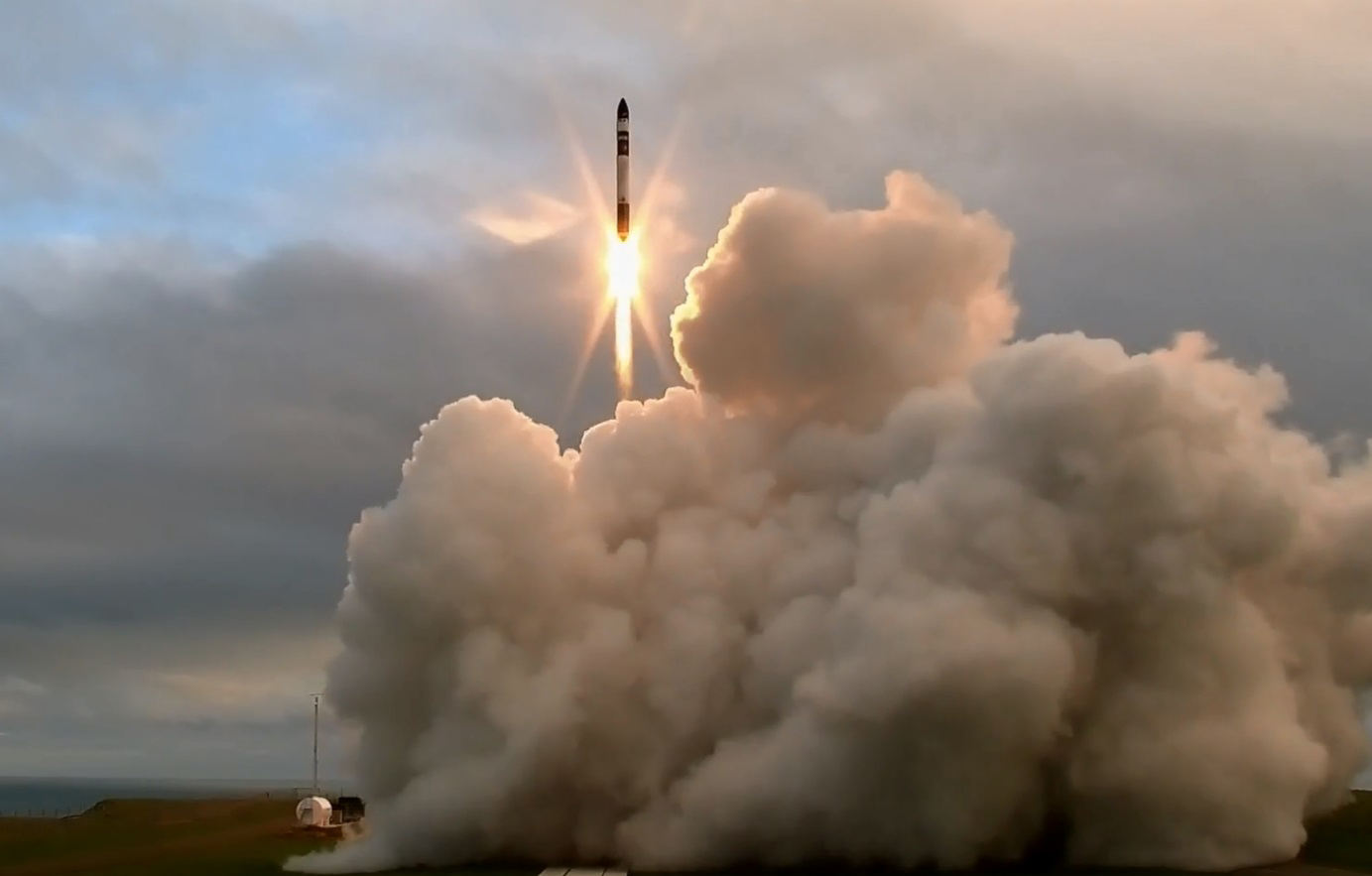Rocket Lab’s lightweight Electron rocket successfully reached space on 25th May, the first step towards a commercial launch operation aimed at the growing CubeSat market.
The Electron launch vehicle developed by California-based Rocket Lab lifted off at 16:20 NZST on 25th May from Rocket Lab Launch Complex 1 on the Mahia Peninsula in New Zealand. According to Rocket Lab, it was the world’s first orbital-class rocket to be launched from from a private launch site.
Electron is a two-stage launch vehicle targeted at the growing market for small satellites and Cubesats. It is designed to deliver payloads of 150kg to a 500km Sun-synchronous orbit at a cost of less than $5m per launch.
Peter Beck, CEO and founder of Rocket Lab, declared : “It was a great flight. We had a great first stage burn, stage separation, second stage ignition and fairing separation. We didn’t quite reach orbit and we’ll be investigating why, however reaching space in our first test puts us in an incredibly strong position to accelerate the commercial phase of our programme, deliver our customers to orbit and make space open for business.”
Over the coming weeks, Rocket Lab’s engineers in Los Angeles and Auckland, New Zealand will work through the 25,000 data channels that were collected during the flight. The results will inform measures taken to optimize the vehicle.
The initial launch was the first of three test flights scheduled for this year. Rocket Lab will target getting to orbit on the second test and look to maximize the payload the rocket can carry.
At full production, Rocket Lab expects to launch more than 50 times a year, and is regulated to launch up to 120 times a year. In comparison, there were 22 launches last year from the United States, and 82 internationally.
Rocket Lab’s commercial phase will see Electron fly already-signed customers including NASA, Spire, Planet, Moon Express and Spaceflight.

